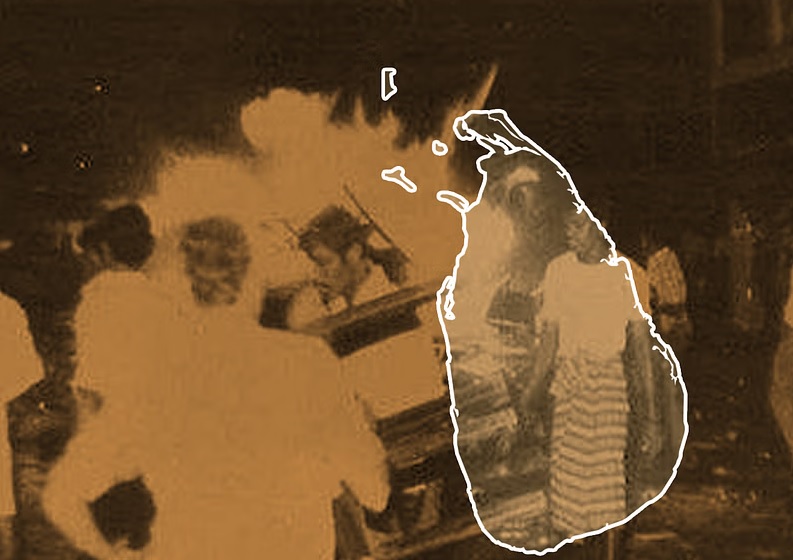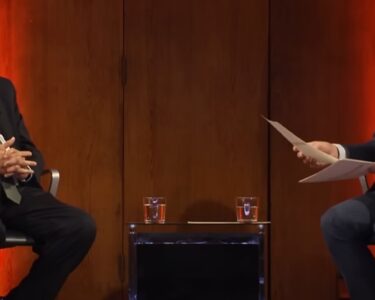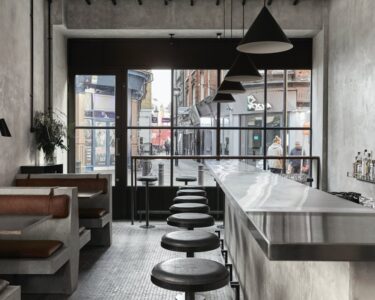A Personal Account of ‘Black July’ – D.B.S. Jeyaraj, is a prominent figure in Sri Lankan journalism now living in Canada.
He is known for his work as a journalist, editor, and author. Here’s how he remembers the dark dates of ‘Black July’
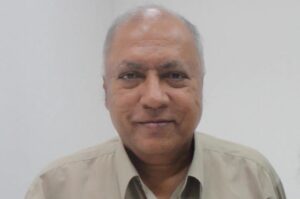
DBS Jeyaraj was spared the full brunt of the violence as he was on assignment in Mannar, covering the Tamil United Liberation Front (TULF) Party convention. Meanwhile, his family in Colombo faced the escalating anti-Tamil violence that engulfed the city. Despite the turmoil, Jeyaraj’s family was fortunate to avoid the severe suffering that befell many others, with none of his relatives being killed or physically harmed.
Family Dynamics in 1983
In 1983, Jeyaraj’s family comprised six members: his parents, two sisters, his brother, and himself. His father, a lawyer based in Kurunegala, and his mother, a retired teacher, had moved to Colombo with his brother and youngest sister, renting part of a house in Ratmalana. Jeyaraj and his brother worked in Colombo, while his youngest sister prepared for her GCE (A) exams. His father and elder sister visited Colombo on weekends.
Escaping Violence in Ratmalana
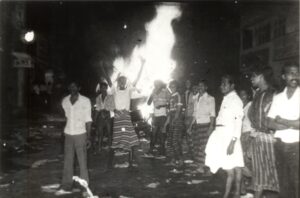
On July 22, 1983, Jeyaraj left for Mannar. Over the weekend, anti-Tamil violence erupted. His father and sister, who were in Ratmalana, found themselves in immediate danger. The family’s Sinhala landlord, living in the adjacent section of the house, informed them of the spreading violence and advised them to hide in the marsh behind the house if a mob attacked.
A mob, led by the son of a United National Party (UNP) municipal councillor, arrived, but the landlord managed to convince them that Jeyaraj’s family had fled, preventing an arson attempt on their home.
Seeking Refuge and Narrow Escapes
After a tense night in hiding, the family sought refuge at the Mt. Lavinia Police Station early on July 26. They were then escorted to a refugee camp at Ratmalana airport, where conditions were dire. Jeyaraj, in Mannar, was unable to contact his family due to the lack of mobile phones and limited access to long-distance calls.
Despite the chaos, Jeyaraj’s sister in Kurunegala remained safe, protected by a senior Sinhala police officer neighbor. Back in Colombo, Jeyaraj’s parents eventually contacted his cousin, Noble Vethanayagam, who arranged for them to move to his house in Hulftsdorp, which had become a mini-refugee camp.
On July 29, violence flared up again. Jeyaraj’s father and brother narrowly escaped mob attacks while trying to reach Hulftsdorp. Methodist clergymen safely escorted his mother and sister to Hulftsdorp, where they reunited with his sister from Kurunegala. Jeyaraj’s father and brother found temporary refuge at S. Thomas’ College Mt. Lavinia.
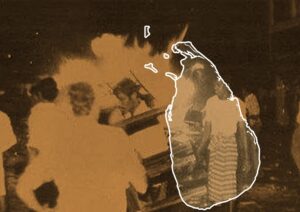
Returning to Colombo
Jeyaraj returned to Colombo on August 4, 1983, posing as a Muslim relative during the journey to avoid trouble. Back in Colombo, he resumed work at “The Island” newspaper, where he slept in the office and relied on friends for support. Editor Vijitha Yapa provided temporary accommodation at his mother-in-law’s house, but Jeyaraj eventually returned to his room in Kotahena, which gradually repopulated with other Tamil boarders.
Relocating to Jaffna
Unable to return to Ratmalana, Jeyaraj’s mother and sisters moved to Jaffna, later returning to Kurunegala when his sister had to resume her teaching job. Jeyaraj and his brother continued to live and work in Colombo. Despite the turmoil, all family members survived ‘Black July,’ a blessing they did not take for granted.
Reflecting on ‘Black July’
DBS Jeyaraj’s account of his family’s ‘Black July’ experience is one among many. Each story from that time is unique in its details but similar in essence. Narrating their tale has been an emotional and painful journey, shedding light on the resilience and fortitude of those who endured one of the darkest periods in Sri Lanka’s history.



